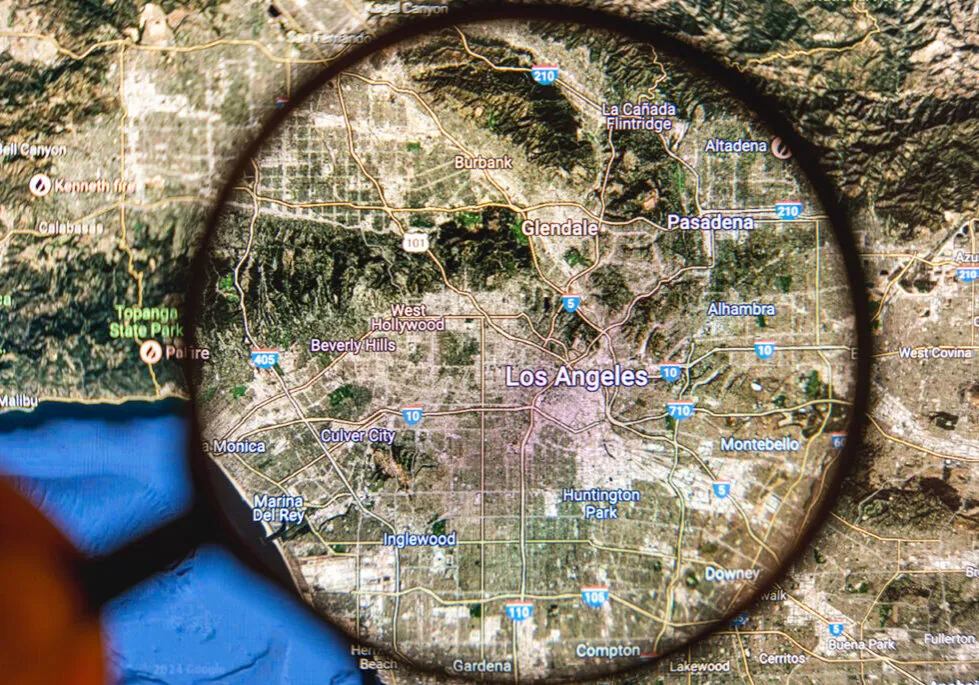According to the National Center for PTSD, about 6% of the U.S. population will experience this psychological condition at some point in their lives. When that condition is the consequence of a personal injury accident, seeking legal help is imperative to getting the treatment and help you need.
In this article, we explain PTSD in the context of California personal injury law and describe the various challenges associated with making a PTSD claim.
Understanding PTSD
Post-traumatic stress disorder (PTSD) is a complex mental health condition that is triggered by a traumatic event or series of events. PTSD can arise in individuals who have either experienced or witnessed trauma.
Individuals who suffer with PTSD may experience flashbacks, nightmares, and disturbing thoughts and feelings related to their experience. The symptoms of this condition may impact their mental, physical, social, and spiritual well-being long after the event has passed.
PTSD and Personal Injury
In California, personal injury refers to any physical or emotional injury that results from the actions of another party. While physical injuries relate to harm of the physical body, emotional injuries are those that cause mental harm or suffering. Under this definition, PTSD is considered an emotional injury.
Personal injury accidents, such as pedestrian and bicycle accidents, dog bites, and workplace injuries, can lead to the development of PTSD. It’s also very common in people who have experienced severe or fatal car accidents.
The National Institute of Mental Health (NIMH) found that nearly 40% of motor vehicle accident survivors develop PTSD. In some cases, the event itself is enough to cause PTSD and, in others, a physical injury such as scarring, chronic pain, or disfigurement leads to the development of this psychological condition.
The Impact of PTSD Injury
Just like a physical injury can impact a person’s ability to work, complete household chores, or shower and dress themselves, emotional injuries can impact a person’s ability to perform the functions of daily life.
Individuals suffering from PTSD may find it difficult to travel in a vehicle or revisit the area where the accident occurred. They may develop a fear of going outside, which can impact everything from social relationships to employment. Due to the impact of trauma on the brain, people with PTSD may self-medicate with alcohol and mood-enhancing drugs.
PTSD Compensation
In a California personal injury case, there are two types of compensatory damages: economic and non-economic damages. Economic damages include items such as medical expenses, lost wages, lost earning capacity, and property damage. Non-economic damages include pain and suffering, emotional distress, mental anguish, and loss of enjoyment of life.
While the former are easy to quantify and prove, the latter relate to the intangible impacts of an accident, which means they’re more difficult to calculate. An emotional injury like PTSD falls under non-economic damages. Specifically, it’s considered a form of emotional distress.
If a plaintiff can prove that a defendant was negligent and that he or she suffered emotional distress as a direct result of that negligence, they may receive compensation for what they have already suffered as well as what they are likely to suffer in the future. The exact damage category and compensation amount depends on the specifics of each case.
The Challenges of a PTSD Claim in California
Although California law permits individuals to pursue personal injury claims for emotional injuries, there are several challenges in pursuing a claim of this nature.
Proving the injury
Proving the existence of an emotional injury like PTSD is often more difficult than proving the existence of a physical injury. Physical injuries can be demonstrated through medical documentation, scarring, and photos, but an emotional injury and its impacts are only experienced by the injured individual.
Additional difficulties for bystanders
PTSD may be tied to a physical injury, but that’s not always the case. It’s possible to develop PTSD simply by witnessing a traumatic event, without suffering any physical harm. Although California state law allows bystanders of traumatic events to pursue damages for emotional distress, proving the injury can be difficult.
Diagnosing PTSD
A mental health practitioner uses physical examinations, psychological evaluations, and the Diagnostic and Statistical Manual of Mental Disorders (DSM-5) to determine if an individual is suffering from PTSD. Practitioners must also assess whether an individual’s symptoms impact their ability to perform everyday activities. With so much involved in the process, receiving a PTSD diagnosis can take weeks, months, or even years.
Linking the accident to the injury
A key component of a personal injury claim is proving that an injury is a direct result of the event. However, PTSD symptoms don’t always develop right away. It can take years for the symptoms of PTSD to present themselves, and that can make it challenging to link the accident to the injury. It also makes it difficult to calculate how much compensation is deserved.
What’s more, if an individual has a history of psychological conditions or mental health disorders, the defendant can argue that the PTSD is related to another incident in the person’s life and not the accident itself.
Time constraints
A statute of limitations is essentially a deadline for filing a lawsuit. In California, the statute of limitations for a personal injury claim is two years or, if the injury was not discovered immediately, it’s one year from the date the injury was discovered. Once the statute of limitations has passed, there is no longer a valid legal claim, and the court will not hear the case.
Seeking Legal Help for a PTSD Injury
If you’re suffering from PTSD as the result of an accident caused by the negligent actions of another party, you may be entitled to compensation for your suffering. California law permits individuals to seek damages for emotional injuries like PTSD, but only an experienced lawyer can help you overcome the challenges noted above.
Penney & Associates has decades of experience with California personal injury cases, including cases involving non-economic damages and emotional distress. Let us investigate your claim and help you get the compensation you deserve. Contact us for a free consultation.
Read More
What Sets the Best Personal Injury Law Firms Apart?
Injured in a Car Accident in California? A Guide to Taking the Right Steps
Personal Injury Statistics: What Three Studies Reveal About California



